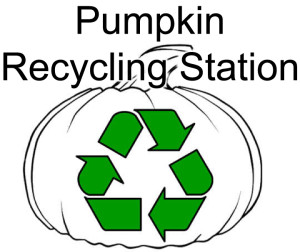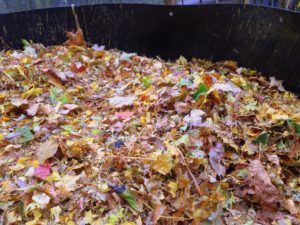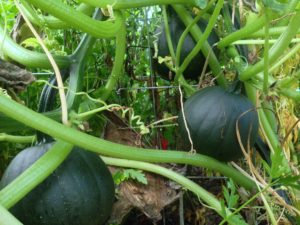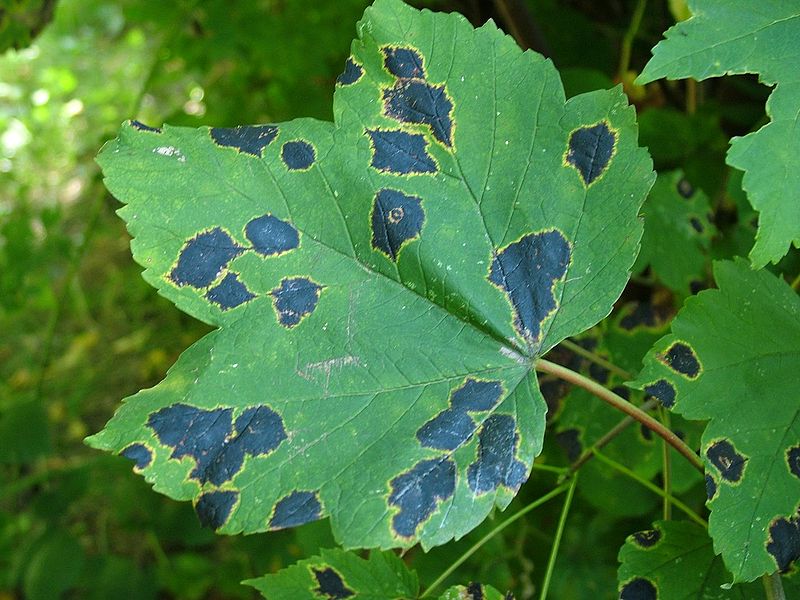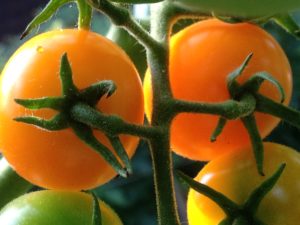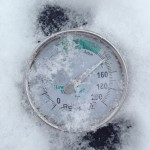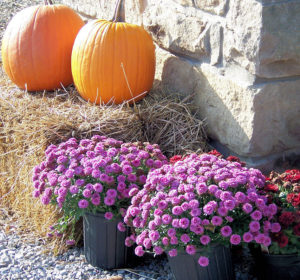For several years I’ve had a Pumpkin Recycling Station after Halloween so people who don’t want their pumpkins to cause more harm can drop them off and I will compost them. (I take gourds and potted mums as well.)
This year, a few more people are joining in and we’ve set up a map to help you find the closest pumpkin recycling station.
Some locations are only open an hour or less (eg, schools), so please read specifics for your preferred location.
In order to see the map, you need to agree that:
I WILL ONLY BRING PUMPKINS AND GOURDS WITH NO CANDLE, NO PAINT, NO BLING.
(you can cut paint/bling off and bring us the rest)
IF THERE IS NO SIGN OR BUCKET,
I WILL NOT LEAVE MY PUMPKIN.
Stations were open for two weeks – until 11/13. Most stations are now closed – please note the one you saw earlier may no longer be available.

